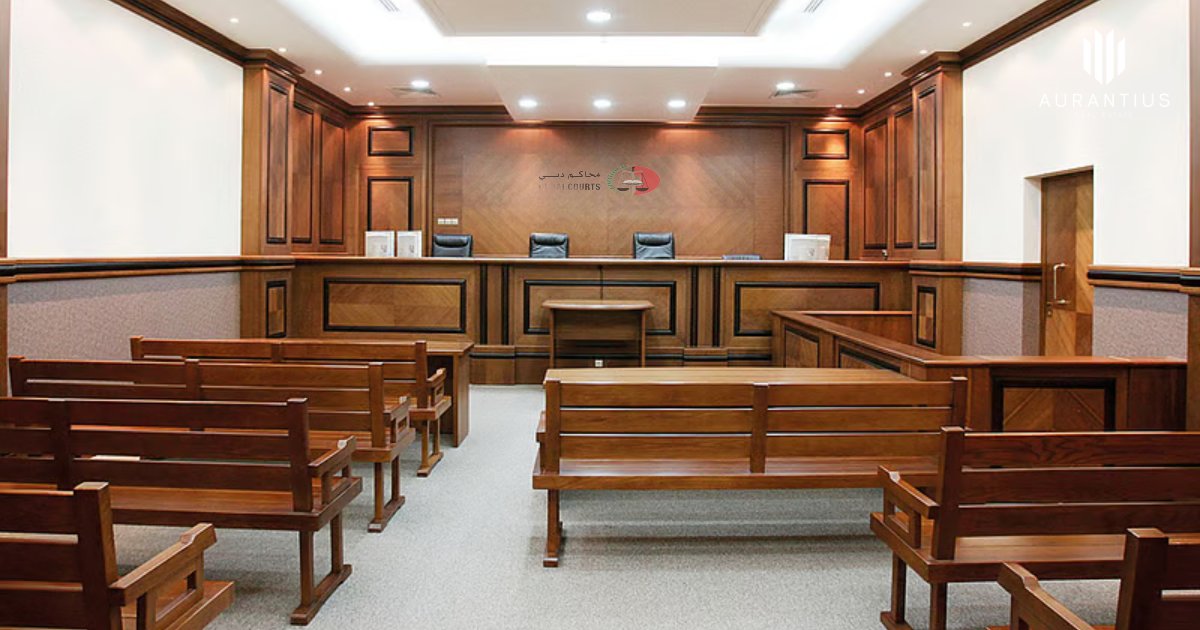Dubai Judge Clarifies Tenant Rights: Evictions Only Allowed Under Legal Conditions
Evictions in Dubai are strictly regulated and cannot be carried out arbitrarily, according to Dr. Omar Bin Suwaidan Al Suwaidi, Senior First Instance Judge at the Rental Disputes Center (RDC). In an interview with Gulf News, Dr. Al Suwaidi emphasized that Dubai law ensures fair and transparent handling of tenancy disputes while protecting the rights of both tenants and landlords.
Strong Tenant Protection Under Dubai Law
Dr. Al Suwaidi confirmed that tenants are well-protected under Dubai’s real estate regulations. “Tenants cannot be evicted simply because the landlord wants them to leave. Factors like children’s education, work locations, and family stability are taken into consideration to ensure fairness,” he said.
However, landlords also have legal recourse in certain cases such as non-payment of rent or unauthorized property alterations. If tenants fail to pay rent within the stipulated time or make structural modifications without the landlord’s consent, landlords are entitled to file a case with the RDC.
The RDC also runs educational initiatives—through hotlines, online resources, and awareness campaigns—to help tenants understand their rights. “The law treats all residents equally. Tenants cannot be evicted unfairly, and where applicable, they are entitled to compensation,” Dr. Al Suwaidi added.
Conditions for Eviction Before Lease Expiry
According to Dubai’s tenancy law, landlords can only request eviction before the lease ends under specific conditions:
- Non-payment of rent: If rent is not paid within 30 days of notice.
- Unauthorized subleasing: If the tenant subleases without written permission, both tenant and subtenant can be evicted.
- Illegal use: If the property is used for unlawful purposes or in violation of public morals.
- Commercial vacancy: If a commercial property remains unoccupied for 30 consecutive or 90 non-consecutive days in a year.
- Property damage: If the tenant causes damage that endangers safety or structure.
- Misuse of property: Using the property for purposes not stated in the lease.
- Unsafe condition: If the property is at risk of collapse, verified by Dubai Municipality.
- Breach of lease terms: Failure to comply with contractual or legal obligations within 30 days of notice.
- Urban development: When government authorities require demolition or reconstruction for redevelopment.
For all pre-lease expiry evictions, landlords must notify tenants via Notary Public or registered mail, ensuring transparency in legal communication.
Eviction Rules After Lease Expiry
Eviction at the end of a lease term is also governed by law. Landlords may seek eviction only under these conditions:
- Demolition or expansion: When rebuilding or adding structures prevents continued occupancy, subject to proper permits.
- Major renovation: If substantial maintenance or reconstruction is required and cannot be done while occupied.
- Personal use: If the landlord or a first-degree relative needs the property and does not own another suitable one.
- Sale of property: If the landlord intends to sell the leased premises.
In such cases, the landlord must provide 12 months’ notice before eviction, delivered through a Notary Public or registered mail, ensuring that tenants have sufficient time to prepare alternative arrangements.
Technology Enhancing Transparency at the RDC
Dr. Al Suwaidi noted that the Rental Disputes Center is actively using digital tools to make dispute resolution faster and more accessible. Remote hearings, online case submissions, and real-time tracking systems have transformed the way tenancy cases are processed, ensuring efficiency and fairness for both landlords and tenants.
He concluded that understanding and respecting legal rights and obligations is essential to maintaining harmony in Dubai’s dynamic property sector. Tenants and landlords alike are encouraged to refer to official channels, such as the Dubai Land Department and RDC, for accurate legal guidance on property-related disputes.










